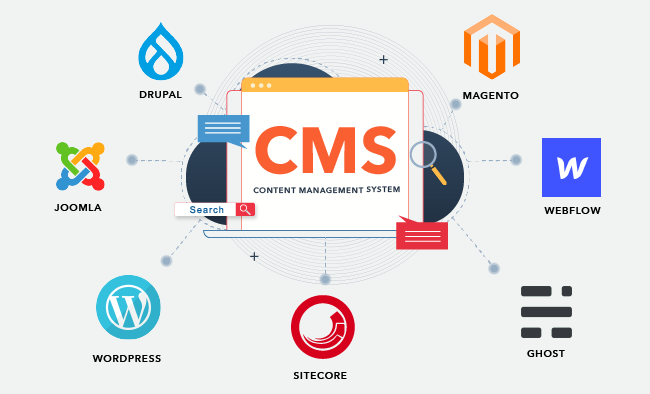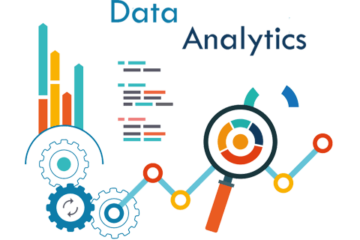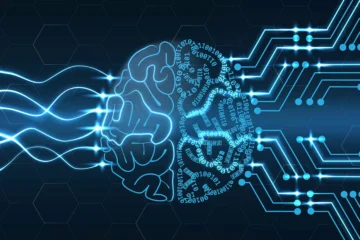
Every time you start researching an algorithm, the first thing you’ll read or see on Wikipedia is this quote: “In mathematics and computer science, an algorithm is a finite sequence of well-defined, computer-implementable instructions, typically to solve a class of specific problems or to perform a computation.”
It is, ultimately, much more than a definition!
From influencing what we read to determining the best path for a vehicle. Here’s everything you need to know about algorithmic relevance.
These days, we can’t get by without engaging with algorithm. They assist us in a variety of ways, by finding a best possible path to reach office, advising us on what to purchase or not, and suggesting us our perfect songs, video, movies or information for us to read.
Over 2.9 million Indians use Facebook at least once a day, and what we see is entirely determined by an algorithm that takes information from our online behaviours and prioritises it for us. Offline algorithms are primarily employed to assist us in making judgments such as declaring an examination result, directing which crime police investigators should focus on, and selecting the best candidate from a pool of candidates.
As they have become ubiquitous, algorithms have generated a mixture of hype and concern.
On the one hand, we’re constantly informed that they’re untrustworthy and biased. On the other hand, we’ve heard that they can be really useful, performing tasks that people find difficult, such as optimizing complex trade logistics and detecting early signs of sickness in medical scans.
1.SOCIAL MEDIA
Instagram’s feed
The social media an algorithm choose which friends and headlines its 2.8 billion monthly users see in their news stream. This way, you spend less time looking for posts that you might be interested in.
When we talk about the “Instagram algorithm,” we’re talking about dozens of pieces of software that are built on a variety of technologies and are updated on a regular basis.
2. SEARCH ENGINE
Google Search Engine
There are countless results, perhaps pages and pages of results, on Google, a search engine behemoth. However, you almost never need to go beyond the first page of results because it contains the most crucial and relevant information. This is due to a “unique algorithm” used by Google to search through and determine which websites are the most essential, based on relevancy and importance.
3. HEALTHCARE
Apple Watch
Medical experts have been able to follow Parkinson’s Disease using Apple’s smart watch sensors in recent years. Researchers can modify drug dosages based on data acquired on patients’ tremors using their ‘movement disorder API.
To conclude:
This isn’t the end; many algorithms have been invented or are in the process of being developed in order to save time and predict situations before they become medical emergencies.













